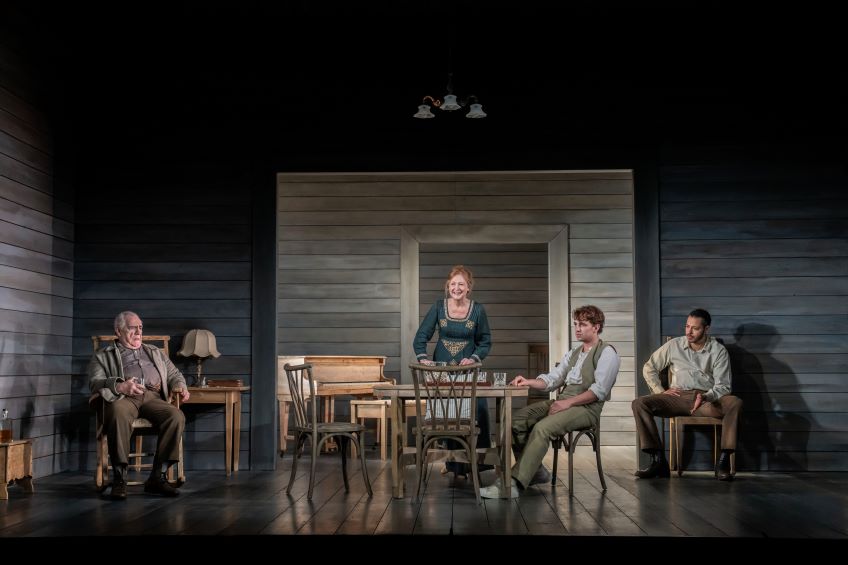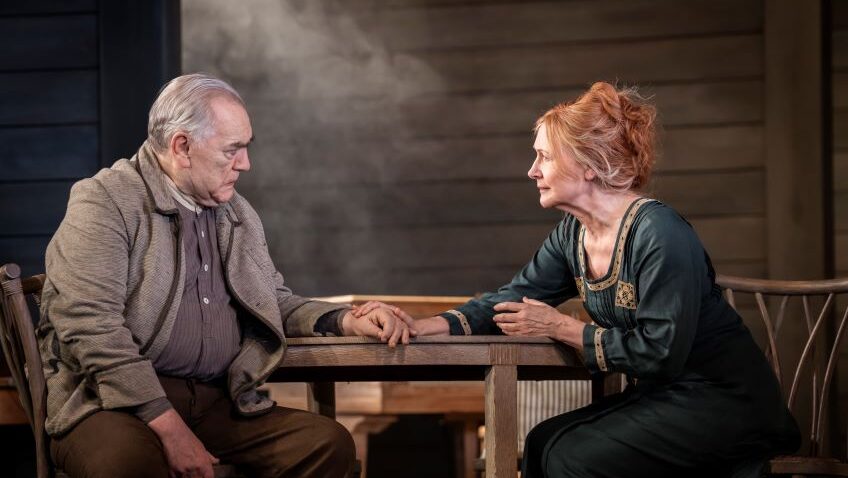Eugene O’Neill’s masterpiece is one of the great American plays. It is, perhaps, the most powerful and acrimonious of all 20th century family dramas. Written in blood and tears, the play was an act of exorcism, so autobiographical, that O’Neill didn’t want it performed until after his death.
The action is 36 years of marriage compressed into one single day. The Tyrone family, haunted by their collective guilt, can neither forget nor forgive the past, for it has made them what they are.
In their guilt, failure and drunkenness, they blame each other. Father is a miser, mother is a morphine-addict, the eldest son is a wastrel and the youngest son is consumptive. The bitterness, anger and self-pity are in every word. The knife is turned in the same open wound again and again.
James Tyrone is a classical actor who sacrificed his talent for money and spent a quarter of a century playing the lead in The Count of Monte Cristo over and over again in one-night stands.
Tyrone brought up in poverty, his father having deserted the family when he was ten, he has economised all his life, sending his wife and children to cheap doctors. He cannot even bring himself to spend money on his son, dying of consumption, so he can go to a decent sanatorium.

Mary Tyrone, his convent-educated wife, has been hooked on morphine, ever since a quack put her on the drug to carry through a difficult pregnancy. She has lived out her life in second class hotels, in terrible loneliness, waiting for her husband to come home drunk after the show.
The play lasts three hours plus a twenty–minute interval, a marathon for actors and audience alike. James Herrin directs. The sparse living room set offers no atmosphere whatsoever; and there is no enveloping fog.
Brian Cox plays Tyrone for the old ham Tyrone is. Cox is very emphatic: he shouts, he barks and loses his temper. The acting is always highly visible. So, too is the acting of Daryl McCormack’s James and Laurie Kynaston’s Edmund: the former too clean-cut and sober to look like a wastrel and drunkard; the latter too sturdy to look frail and consumptive. Patricia Clarkson as mother acts in much quieter, much more understated key.
Eugene O’Neill’s plays ought to be revived more often.
To learn more about Robert Tanitch and his reviews, click here to go to his website. 




